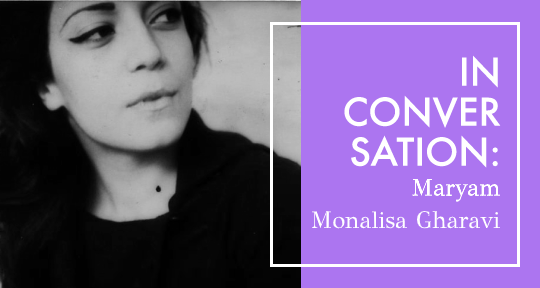In the last act of summer, the Asymptote Book Club is proud to present an award-winning collection of short stories by Danish writer Jonas Eika. In five deeply immersive studies of sensation and cognition, After the Sun is an introduction to a stunning new voice in descriptive prose, establishing a new narrative tradition with non-linear dreamscapes and astounding evocations of the physical body as a site of storytelling. As our own world continues to evolve ever more into the intangible, Eika is a writer that makes corporeal the unreal realities of our times.
The Asymptote Book Club aspires to bring the best in translated fiction every month to readers around the world. You can sign up to receive next month’s selection on our website for as little as USD15 per book; once you’re a member, join our Facebook group for exclusive book club discussions and receive invitations to our members-only Zoom interviews with the author or the translator of each title.
After the Sun by Jonas Eika, translated from the Danish by Sherilyn Nicolette Hellberg, Lolli Editions, 2021
To throw things into relief, I’ll play an old trick and say there are two kinds of people—those who seek to understand their dreams, and those who prefer that they remain in the inscrutable realm from where they came. The deciding quality—which also contributes to one’s ability to endure an intensive retelling of another’s dreams—is perhaps having to do with one’s own understandings of a life’s compartments; if within the rationale of time’s chronology, strangeness and encryption can occasionally take on the roles of logic and comprehension. Whether one sees a life’s events as a series of why-questions seeking the compatibility of answers, or if what we perceive as happenings are innocent to their order, oblivious of our insistence on purpose, and the phenomenon of them all fitting into the elapse of a life is simply an incredible feat of human storytelling.
It is incredible: that what baffles us about our own lives—mysteries, coincidences, appearances, and disappearances—is given such distinct clarity when organised into the perpetuity of sentences and pages. They move the world, they provide instruction, they are understood. A gun never appears to not go off. Fiction gives dreams a language that we also speak, ascribing to their impossible nature the subtle conviction of a greater design. In the reassuring procession of language’s patterns, we read life, with all the pieces fit somehow in place.
The stories in Jonas Eika’s collection, After the Sun, move firmly against this reassurance of knowledge; instead they insist forward with all the strangenesses of reality. Time is liquid, settings shift like cards in a deck, the present arrives as if already in memory. The logic of dreams dominate the prose in a determination that thwarts simple comprehension, and as such, Eika has convinced the cacophony and sensory exhilaration of dreams into the accounts of narration. In these five stories, the interruptions of the world—antithetical to our egocentric perceptions of individual purpose—is what drives the reading forward. We are led not by the simple fact of our choices and pathways, but by the world as it happens in experience. Before the discerning objectives of order intervene, we are allowed to luxuriate awhile in the immediate poetry of sensation—consciousness amidst the inexpressible moments of a new encounter.
Eika is especially interested in those dreaming moments where one is estranged from our lives and our bodies. “Alvin,” the story that begins the collection, establishes its opening shot in the aftermath of an “extremely fictional flight.” Then, nothing goes quite according to plan. The bank he’s meant to work at has burned to the ground, his savings and accommodations along with it. Eventually, he falls into the company (and the apartment) of a man he meets on the street. In confrontation with the dissonance between world and interiority, language serves to confirms the singularity of experience; in the wide landscape of world-events, we speak of what is happening to us as a confirmation of being. But where this iteration of feeling and knowing is so often a seeking of solidarity and mutual recognition, these stories instead maintain the volatility of selfhood: life as easily mutated by us as we are by it. The domino-effect of Eika’s narratives then signal a thrilling ceaselessness of possibility, speaking to the world as we know it now, boundless in abstraction. The speed by which we travel, the phantasmagoric architecture of financial markets, the way temporality collapses between reality and virtuality, After the Sun molds these accustomed surrealisms of our everyday into established reality. READ MORE…


